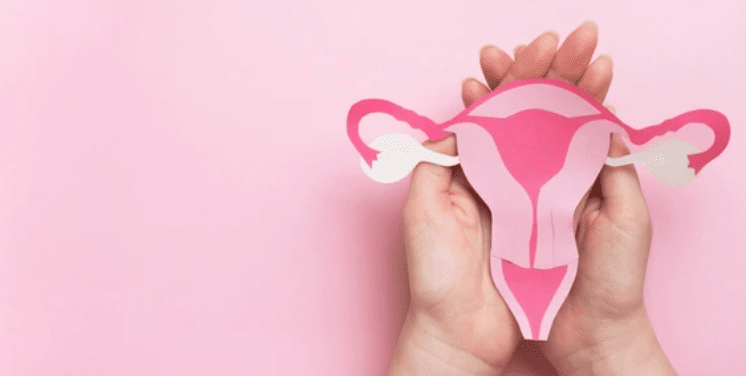For starters, listen to THIS episode on the Knight Fit Podcast. I address why women who lose their cycles due to an energy deficit (undereating) and stress struggle with a number of health conditions—all stemming from hypoestrogenemia (low estrogen). In the episode I dive deeper into the science of what happens physiologically. Estrogen plays many critical roles within the human body, especially for women. It’s our superpower and our shield. Here’s how:
Reproductive Health
-
Development: Estrogen drives the development of breasts, hips, and the overall feminine body shape during puberty and into your adult life!
-
Menstrual Cycle Regulation: It’s essential for regulating the menstrual cycle, including ovulation and the thickening of the uterine lining (endometrium) to prepare for potential pregnancy. Without estrogen, you will not have a healthy and regular cycle and may have stronger PMS symptoms.
-
Pregnancy and Fertility: Estrogen plays a vital role in preparing the uterus for implantation and maintaining a healthy vaginal environment, crucial for fertility and a comfortable sexual experience. Low estrogen is tied to infertility, miscarriage, anovulation and more.
Bone Health
- Bone Density: Estrogen helps maintain bone density by promoting bone formation (the work of osteoblasts) and inhibiting bone loss (the work of osteoclasts), promoting calcium absorption, controlling cortisol (high cortisol impacts bone health), and reducing the risk of osteoporosis and fractures. These factors are especially critical for the female athlete to consider.
Cardiovascular Health
-
Heart Protection: Estrogen has a protective effect on the heart and blood vessels, potentially reducing the risk of heart disease, a leading cause of death in women.Hypoestrogenemia has shown to cause irregular artery vasomotion (the expanding and contracting of the arteries) as well as promote the clogging of the arteries.
-
Cholesterol Levels: Estrogen can positively influence cholesterol levels, promoting good (HDL) cholesterol and lowering bad (LDL) cholesterol.
Cognitive Function and Brain Health
-
Brain Function: Research suggests estrogen may have a protective effect against cognitive decline and potentially Alzheimer’s disease.
-
Memory: Estrogen may play a role in memory and cognitive function.
Other
-
Skin and Hair: Estrogen influences skin elasticity, hydration, and hair growth.
-
Mood and Well-being: Fluctuations and declines in estrogen levels can affect mood, sleep, and overall well-being, particularly during perimenopause, menopause and for those with hypothalamic amenorrhea.

